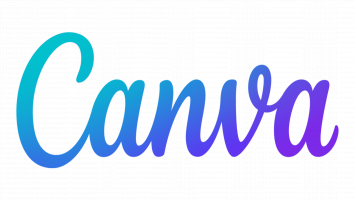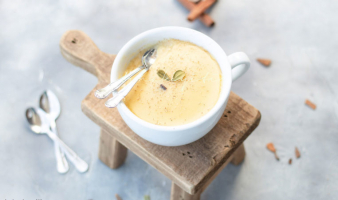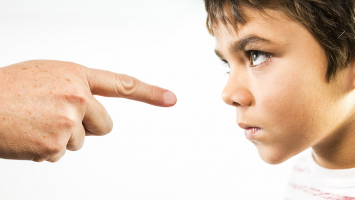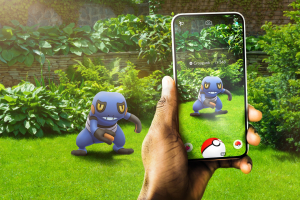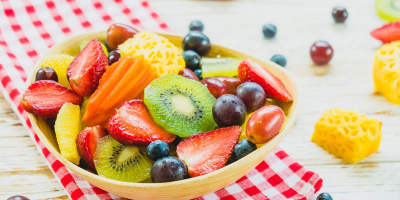Top 10 Medical Myths That Turned Out to be True
The majority of scientific myths are exactly what they sound like: commonly accepted scientific notions with little to no supporting evidence. However, some of ... read more...them have simply been dismissed as myths due to how absurd they seem, even if further research has shown that they are essentially totally true. Here are some Medical Myths That Turned Out to be True.
-
Patients with osteoarthritis, the most prevalent kind of arthritis, frequently claim that their joint pain gets worse during a monsoon or, in some circumstances, just rainy weather. Since there is no connection between weather and arthritis, doctors have typically dismissed this as another medical urban legend due to a lack of empirical evidence.
That is, until a research published in The American Journal of Medicine in 2007 shown unequivocally that the weather can, in fact, aggravate arthritis. Over the course of three months, the researchers gathered pain reports from 200 individuals dispersed around the US and compared them to meteorological information from their local weather station. Because of the local weather or the time of year, they discovered that abrupt changes in atmospheric pressure and temperature do make knee discomfort worse.
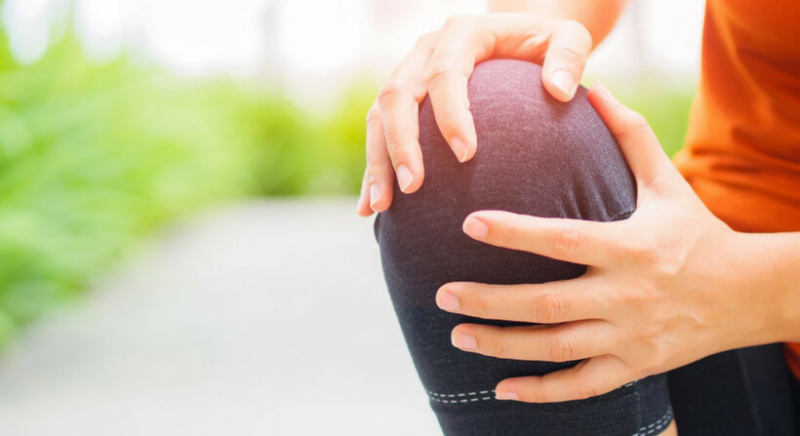
https://www.google.com 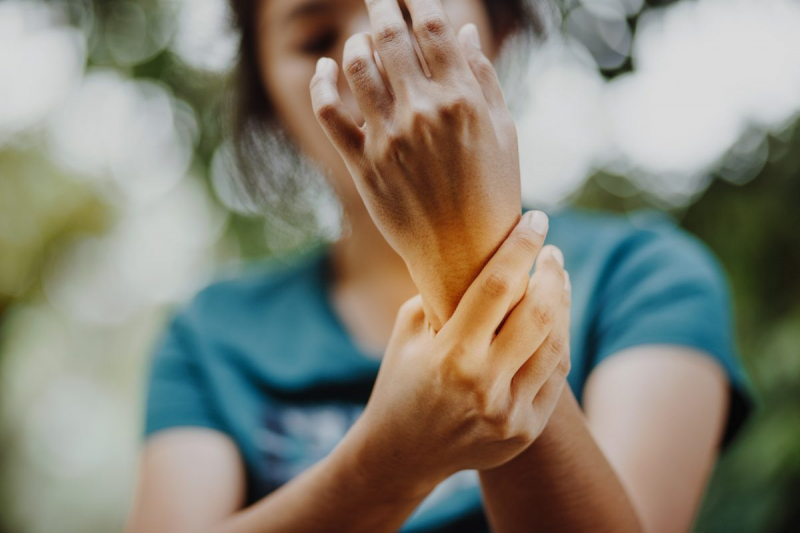
https://www.google.com -
It is a commonly held belief that if you don't use your brain sufficiently, it may at least cease to function properly. It is predicated on the idea that the brain functions similarly to muscles, which require regular training to stay in top shape, rather than as a sophisticated network of interconnected neurons that is unique to the human body.
For neuroscientists, it's a particularly fascinating subject since it touches on the principles of how our brains work. The brain literally never stops growing, as we are slowly learning. Studies continue to show that the brain is a continually changing structure, capable of altering the trajectory of its development in reaction to incidents like catastrophic accidents. Additionally, it has been discovered that constant brain activity is essential for neurons to renew and form new connections, a process that continues throughout our lives.
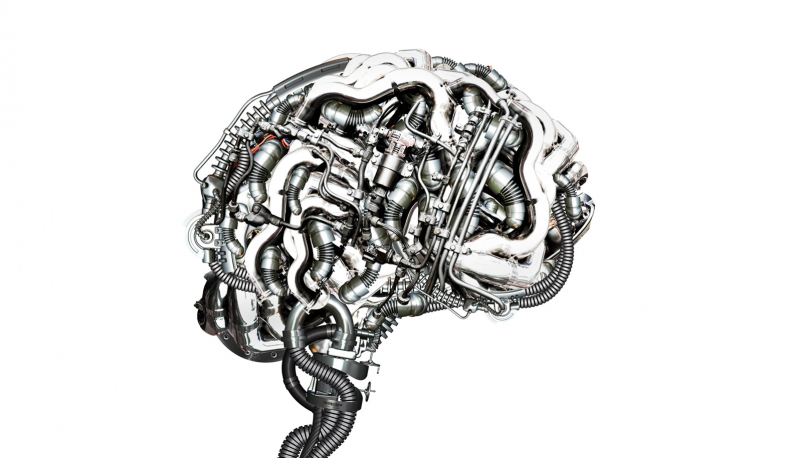
https://www.google.com 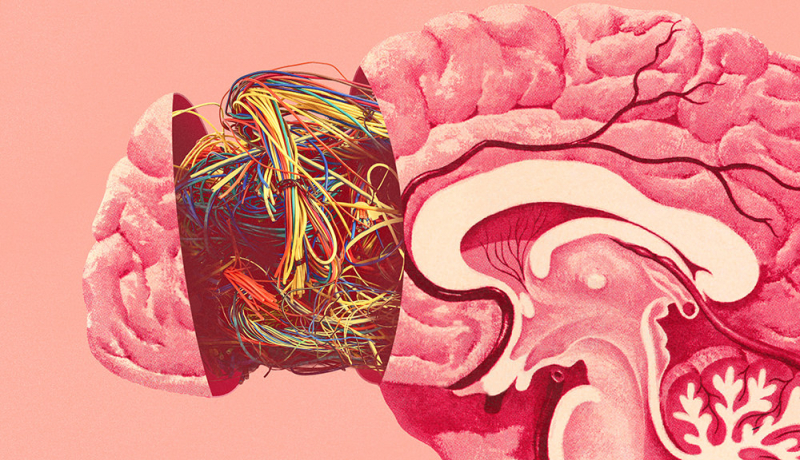
https://www.google.com -
Chicken soup has been recommended as one of the greatest treatments for treating cold symptoms, such as a blocked nose, for ages—possibly millennia. But in terms of science, how effective is it really?
There hasn't been much research done on this topic, although some studies do support the notion that chicken soup fights colds. According to a study in the journal Chest, the most popular variety of chicken soup has anti-inflammatory characteristics that can help with upper respiratory tract issues. It also contains a lot of zinc, which might help a cold last less time.
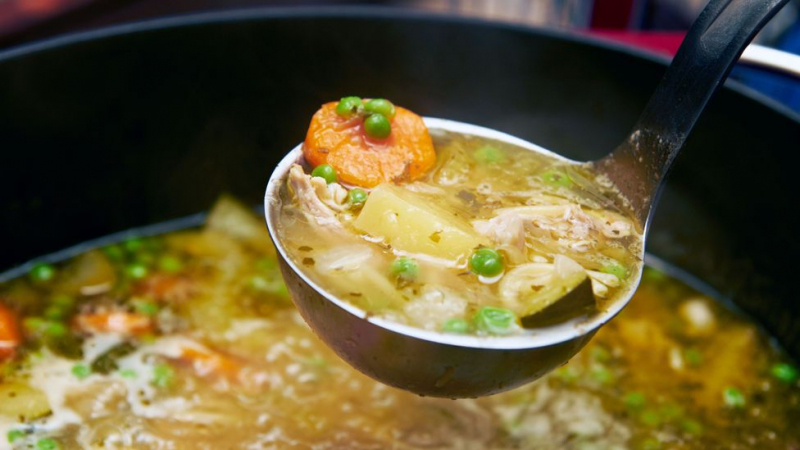
https://www.google.com 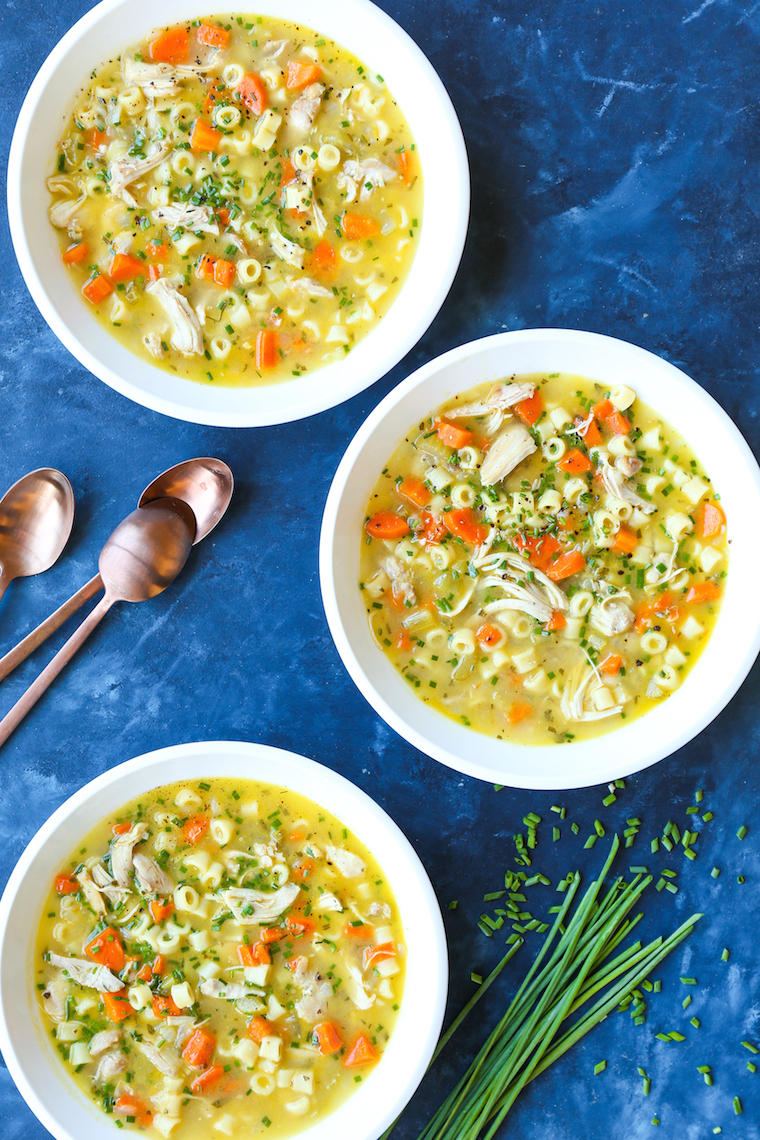
https://www.google.com -
Fruits are typically regarded as being healthy for all age groups, so the notion that fruit juice could be dangerous for kids under a particular age seems absurd at first. But from a scientific standpoint, it makes total sense. Fruit juice offers no nutritional advantages to young children under the age of one, and giving your newborn fruit juice amounts to giving them a lot of concentrated sugar without any fiber. Fiber is crucial in the early years because it boosts the immune system and encourages the growth of beneficial gut bacteria.
Additionally, specialists support it. Fruit juice should not be given to children under the age of one, according to the American Academy of Pediatrics (AAP), as it might result in issues including tooth decay and a later preference for sugary foods devoid of nutrition. It is preferable to limit the consumption of this substance until children reach adulthood, even for older youngsters.

https://www.google.com 
https://www.google.com -
The moon has held a foreboding place throughout human history in many cultures and eras; after all, the name "lunacy" is derived from the moon. For whatever reason, since the time of the Ancient Greeks, the moon has been blamed for both epileptic convulsions and episodes of insanity.
We came to the conclusion that there is absolutely no reason to think that the moon has anything to do with specific personality traits or mental disorders as our science and tools improved. Then things improved even more, and now a growing body of research is uncovering unsettling parallels between human behavior and that of the moon.
According to one study, the moon cycle may actually have an impact on non-epileptic seizures. Another study indicated that crime rates are noticeably higher on full moon days than other days, which was unexpected given that crime rates were unaffected by the sun during the same time period. The moon, or at least the lunar cycle, appears to be connected to human evolution in many ways that we don't fully understand, despite its generally low-profile nature.

https://www.google.com 
https://www.google.com -
Exercise is a proven method for maintaining and enhancing physical capabilities. But what does it actually do to our brain? What if anything? Given that muscles operate somewhat differently from the neurological circuits of the brain, it makes little sense scientifically. It sounds like a fiction that health blogs and gym dudes are spreading without much scientific support.
That was, of course, before a few researchers at the University of British Columbia decided to undertake a study on the subject to settle the issue. They discovered that exercise increases the size of the hippocampus, the region of the brain in charge of critical mental processes like memory and learning, in addition to giving you what many people on the streets refer to as a "six pack."
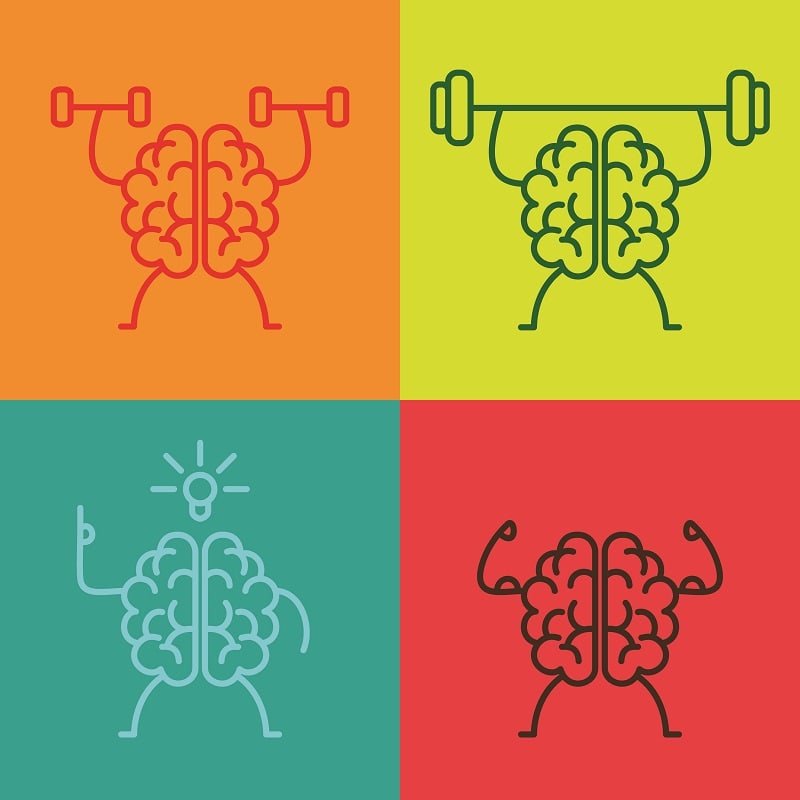
https://www.google.com 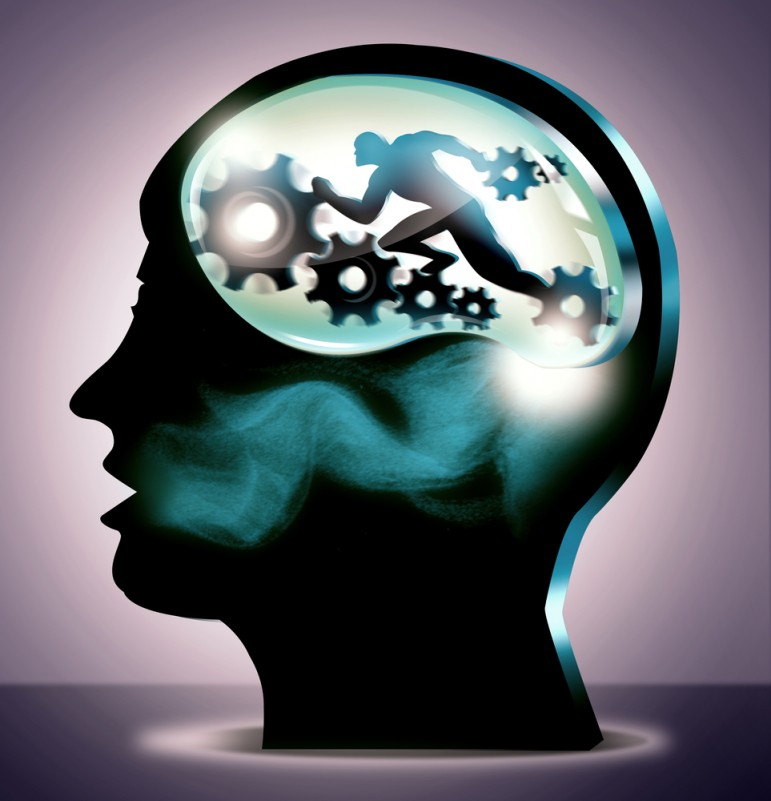
https://www.google.com -
Even if it may not be the best option from a medical standpoint, we all like a good snack at night. Popular health blogs or personal trainers would probably answer "yes" without hesitation. However, medicine maintains that eating at night or during the day, or basically any other time in between, makes no difference because a calorie is a calorie regardless of when you consume it.
Even if that is true, eating at random times does have other negative effects on weight loss. This is especially true in the evenings, when it may be harder to find fresher, healthier eating options. We are more prone to eat foods that are high in calories and generally unhealthy during those times. If it doesn't add too many calories to your daily intake, some experts even suggest having a small nutritious snack right before bed.
Even if eating late at night might not have an immediate impact on your weight, it makes sense that the later you snack, the more likely it is that you'll eat something unhealthy, which will have an unfavorable impact on your weight.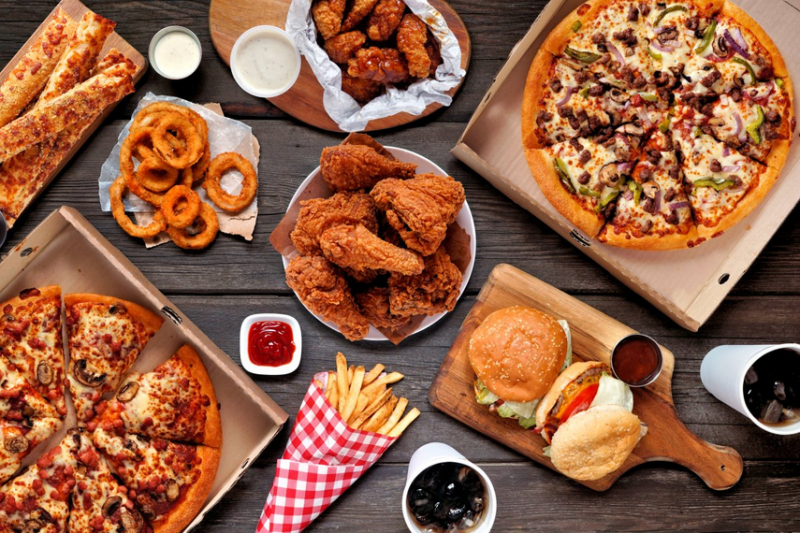
https://www.google.com 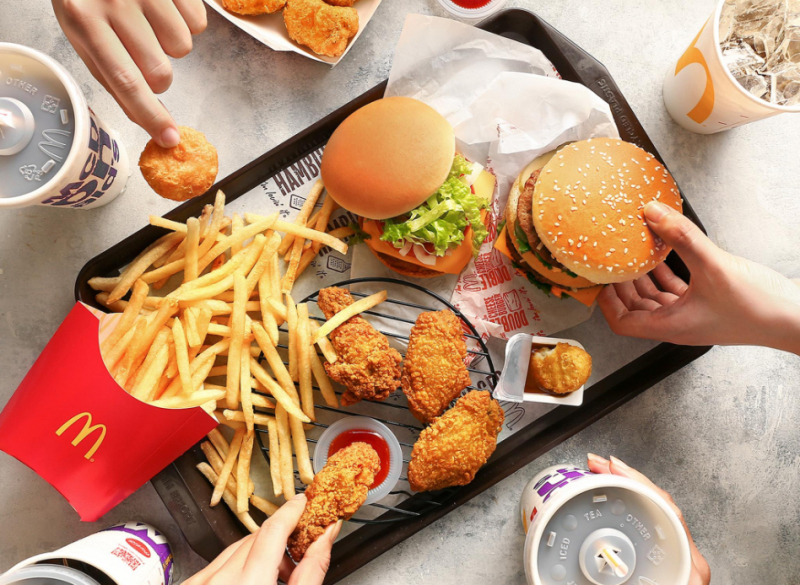
https://www.google.com -
It sounds like something out of a cartoon that eating a lot of carrots might make your complexion orange. It doesn't sound like it should be true, aside from the fact that the color of our food has minimal bearing on the color of our skin. But if you talk to a doctor, they'll have a quite different opinion. In fact, carrots are rich in beta-carotene, the pigment responsible for their orange or red color.
When consumed in moderation, it's a significant source of vitamin A, but if consumed in excess, beta-carotene may enter the bloodstream and begin to accumulate in the thicker parts of your skin, like the hands, turning them orange. Carotenemia is a disorder that primarily affects infants and those with medical illnesses like hypothyroidism that prevent the body from processing carotene.
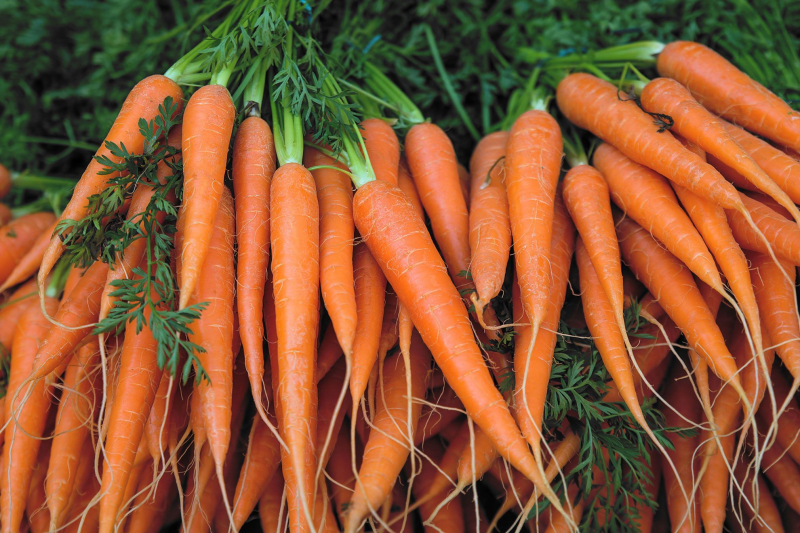
https://www.google.com 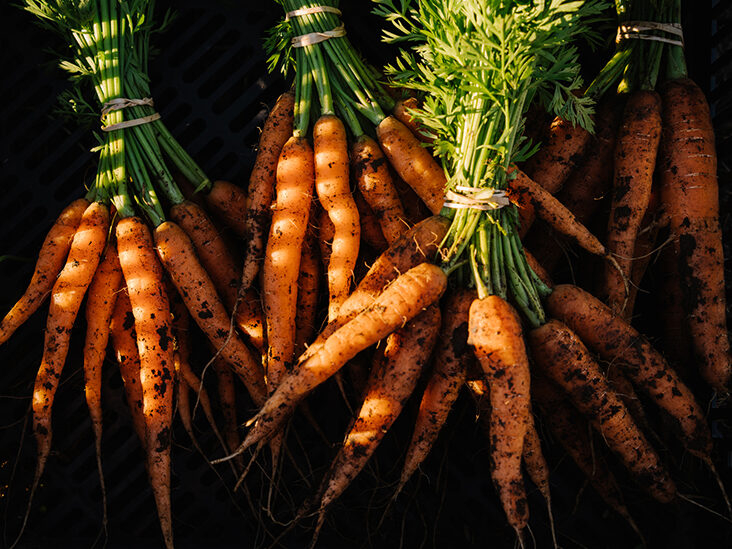
https://www.google.com -
One of those false and unacceptable traditional gender myths is the notion that women experience colder temperatures than males. According to science, both sexes have a core body temperature of 98.4 degrees Fahrenheit, or around 37 degrees Celsius, which corresponds to roughly the same degree of tolerance to heat. Anyone who claims it is lower for women is either trying to sell warmers to women or is making the argument that men are fundamentally more hardy.
However, research does indicate a distinct variation between how men and women experience cold (and heat, for that matter). According to a study by Dutch researchers, women generally feel comfortable at temperatures between 24 and 25 degrees Celsius, which is roughly 2.5 degrees warmer than men. One contributing element is the female hormone estrogen, which makes blood thicker and restricts blood flow to the extremities of the body, including the fingertips, making women more sensitive to frigid temperatures than men. However, this is not the only aspect at play. Body type, gender differences in pain tolerance, and metabolism all have an impact.

https://www.google.com 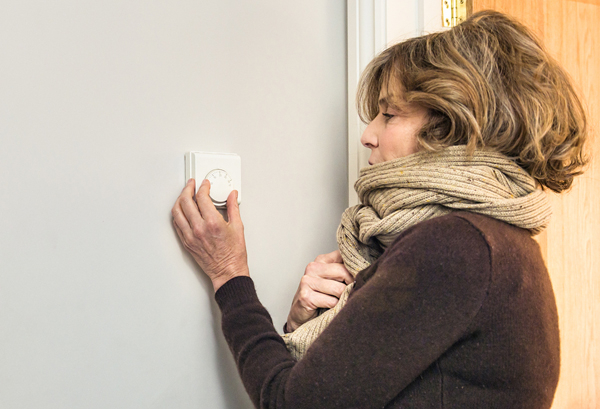
https://www.google.com -
Even though it's thought to be particularly helpful against a toothache, garlic has a specific position in antiquated notions of speedy medical treatment. While a dentist would probably recommend a painkiller instead of recommending that you chew on garlic, certain conventional, alternative medical systems vouch for its toothache-relieving abilities.
Garlic has compounds that should assist against toothache symptoms, despite the fact that it may sound like an untrue old wives' tale. Allicin, which has potent antibacterial and anti-inflammatory properties, is one of them. It only appears when the garlic is cut, chopped, or otherwise processed, and it only lasts a short while.
Applying garlic to your teeth whenever it hurts is obviously not a replacement for visiting the dentist and having the pain evaluated, but if it's a one-time occurrence and the pain isn't too serious, it might really help you get through the day.
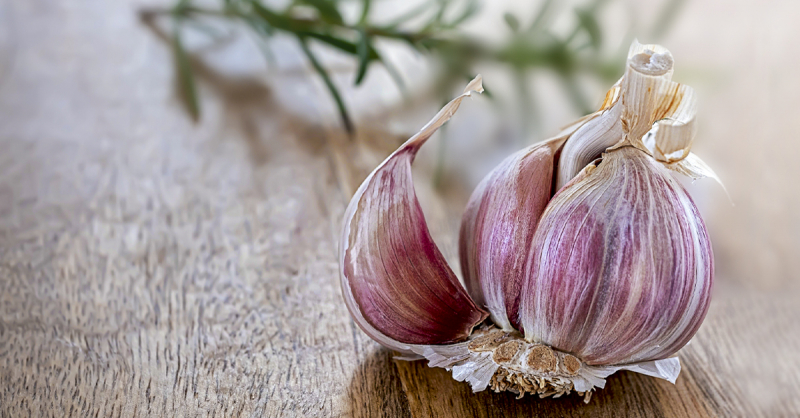
https://www.google.com 
https://www.google.com


















